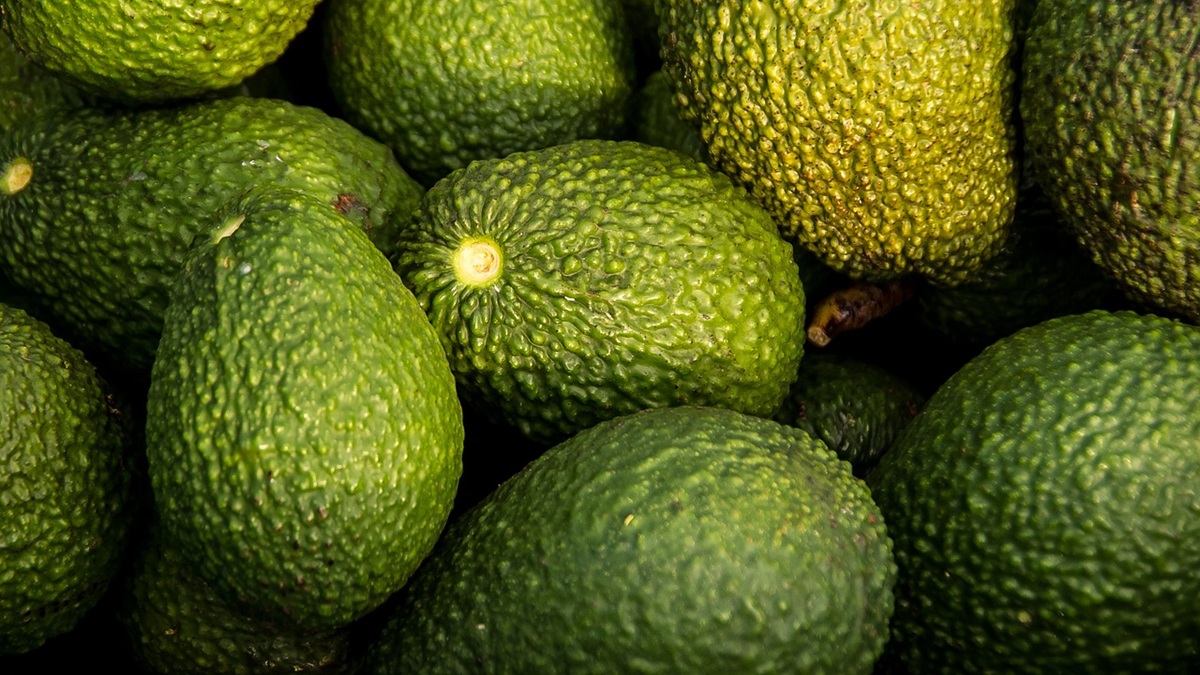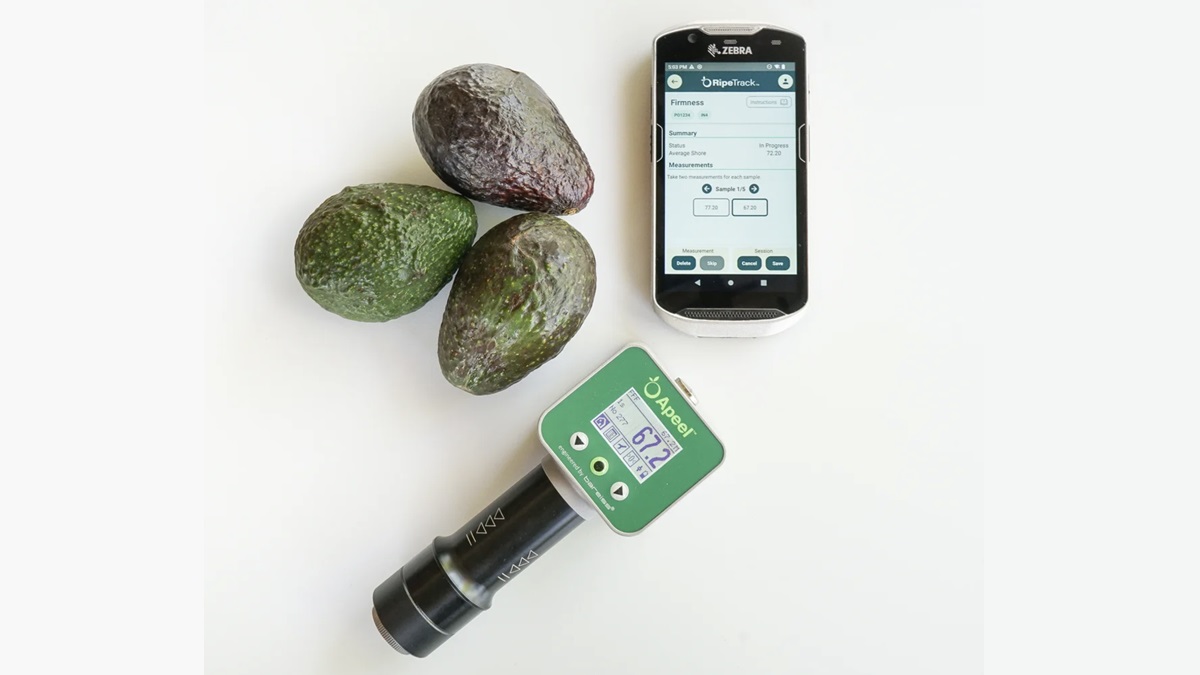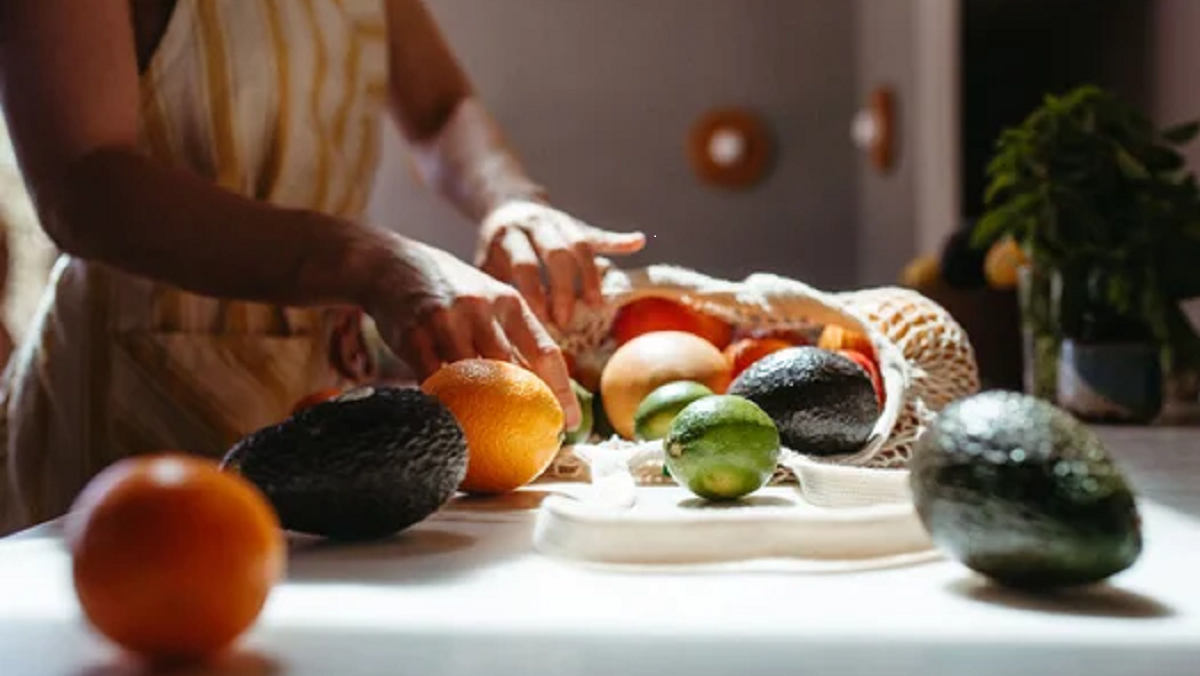

Apeel Sciences
Phytosanitaries
How Edible Coatings Are Revolutionizing the Fight Against Food Waste
Apeel Sciences' innovative technology offers effective solutions for extending the shelf life of fresh produce, reducing waste, and fostering greater sustainability across the food supply chain

Food waste remains a critical global issue, with profound economic, social, and environmental consequences. A study titled "Modelling the impact of shelf-life extension on fresh produce waste in UK homes", published in Cleaner Waste Systems journal, reveals that 60% of food waste in the UK originates from households, with fruits and vegetables accounting for a significant portion of this waste. This not only contributes to increased greenhouse gas emissions but also results in the loss of valuable resources used in food production and distribution.
The Impact of Edible Coatings
The study explored several strategies for extending the shelf life of fresh produce and assessed the effectiveness of edible coatings developed by Apeel Sciences on fruits like oranges, mandarins, and avocados. The findings showed that applying these coatings could reduce food waste by 3% to 12%, depending on the product. Specifically:
- Avocados: Edible coatings extended the shelf life of avocados by up to 12% compared to untreated ones.
- Oranges and mandarins: These fruits exhibited a 7% reduction in spoilage, helping to decrease household waste.
Additional Benefits of Apeel Sciences' Technology
Beyond reducing food waste, Apeel Sciences' edible coatings provide several other significant benefits across the supply chain:
- Enhanced freshness and extended shelf life: These coatings help preserve the freshness of food for longer, facilitating international marketing and reducing losses during transport and storage.
- Reduced plastic use: By extending shelf life, the need for plastic packaging is diminished, contributing to a reduction in plastic waste.
Implementing and Scaling Edible Coatings
The study also highlights other strategies to reduce food waste, such as removing best-before dates, improving refrigeration, and decreasing plastic usage. However, many of these solutions require shifts in consumer behavior or substantial investments across the supply chain. In contrast, Apeel’s edible coatings offer a simple and effective solution, applied directly in the post-harvest phase without disrupting the consumer experience.
The study’s results strongly support the adoption of this technology as an impactful means to reduce food waste on a large scale. Moreover, combining edible coatings with other strategies—such as eliminating best-before dates and optimizing storage—could further enhance their effectiveness in reducing food waste.
Future Prospects for Food Sustainability
Looking ahead, it is expected that more companies will adopt this technology, expanding its use to a broader range of fresh products. Ongoing research and development will enable further refinement of the coatings, allowing them to be tailored for various food types and climate conditions, reinforcing their pivotal role in food sustainability.
For more details on the research, you can access the full study here: https://doi.org/10.1016/j.clwas.2025.100210.










